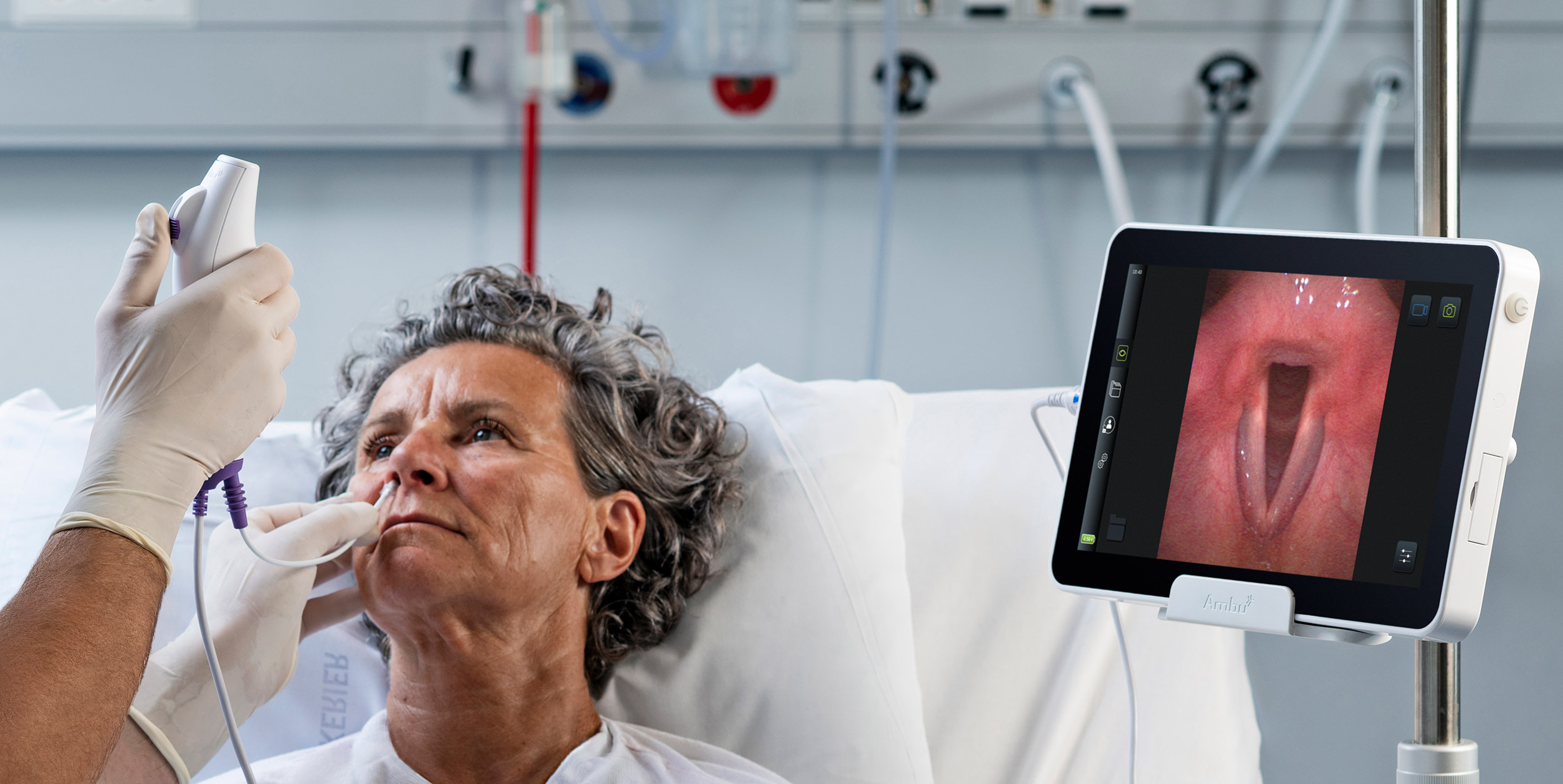
To specialize or not to specialize — that is a question for all physicians, and otolaryngologists are no exception.
Otolaryngologists perform a wide variety of procedures ranging from endoscopy using a rhinolaryngoscope, to managing airway obstruction to head and neck surgery and more.
Headmirror.com, which serves as a centralized resource for otolaryngology residents and interested medical students, reports that the number of medical and surgical resident graduates seeking subspeciality training has nearly tripled since 2000.
“As with internal medicine and general surgery, the 5-year otolaryngology residency is becoming increasingly viewed as a gateway to subspecialization,” according to the site. “As more residents are seeking fellowship training, the position of the general otolaryngologist is becoming challenged.”
At least one otolaryngologist believes that there may be too many subspecialities in the field currently, without the pathology and surgery to support all of them.
“I think what you’re seeing quite commonly is physicians with subspecialty training who are primarily doing general otolaryngology and then sprinkling in or enhancing their practice with their subspeciality area,” Dr. William Blythe, a general otolaryngologist at East Alabama Ear, Nose & Throat in Opelika, Alabama, told ENTtoday.
Also, subspecialist skills can be lost if a doctor does mostly general otolaryngology, Blythe cautioned.
Generalists prove valuable in geographic areas with smaller populations where subspecialists would not be busy enough, some experts say.
“The tradeoff of niche specialization is giving up the breadth of otolaryngology to become the definitive expert and surgeon in all matters of your field,” according to Headmirror.
Dr. Andrew Tompkins, a resident in the otolaryngology-head and neck surgery department at Ohio State University in Columbus, Ohio, chairs a task force charged with identifying the makeup of the otolaryngology workforce.
Better numbers on the field’s needs will help residents make educated decisions about how they pursue their careers as well as help residency programs identify the work to which residents are exposed, he told ENTtoday.
A sampling of 20 U.S. otolaryngology residency programs conducted by ENTtoday showed that 83 percent of faculty members are fellowship trained, which means that residents are more exposed to work done by fellowship-trained doctors than by generalists.


